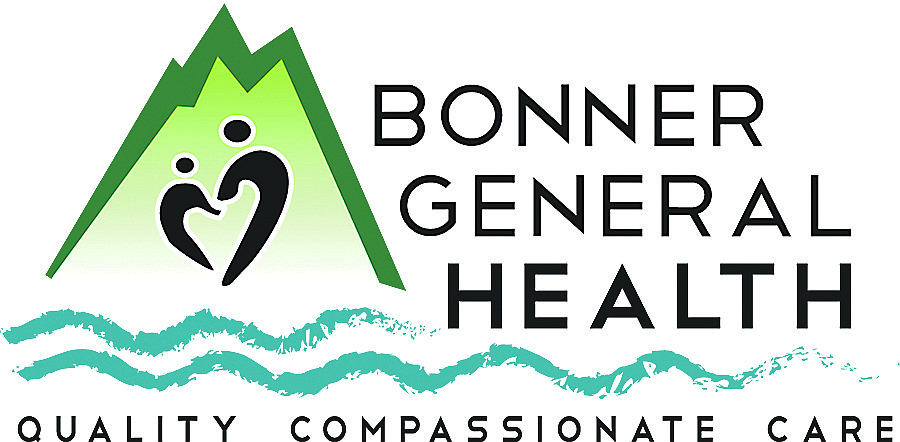Improve your health by having a positive attitude
Last week I promised to offer you great advice for being healthy in the New Year. I bet you expect me to tell you to lose weight, quit smoking, get more exercise, and drink less, but you’re wrong. All I’m going to tell you to do is have a more positive attitude – all the time.
An article published on the University of Minnesota’s website says, “Your thoughts and emotions can affect your health. Emotions that are freely experienced and expressed without judgment or attachment tend to flow fluidly without impacting our health.
“On the other hand, repressed emotions (especially fearful or negative ones) can zap mental energy, negatively affect the body and lead to health problems.”
Negative thoughts and actions can cause headaches, chest pains, fatigue, upset stomachs, sleep problems, anxiety, depression, social withdrawal, and drastic changes in your metabolism resulting in overeating or under-eating. Who wants any of those?
The Centers for Disease Control and Prevention says that 85 percent of diseases have an emotional element. Negative attitudes along with feelings of helplessness or hopelessness can create chronic stress. Chronic stress upsets the body’s hormone balance, depletes the brain chemicals required for happiness, and damages the immune system.
“Chronic stress can actually decrease our lifespan,” the UM article stated. “Science has now identified that stress shortens our telomeres, the ‘end caps’ of our DNA strands which causes us to age more quickly.”
Scientist Barbara Fredrickson has extensively studied the physical and emotional benefits of positivity. She’s researched and written much about how a positive attitude can aid in a faster recovery from cardiovascular stress, better sleep, fewer colds, and a greater sense of overall happiness.
“Our ‘negativity bias’ means that we spend too much time ruminating over the minor frustrations we experience – bad traffic or a disagreement with a loved one – and ignore the many chances we have to experience wonder, awe, and gratitude throughout the day,” Dr. Fredrickson wrote.
Dr. Fredrickson says that we need to experience three positive emotions for every negative one. And, she says it can be done intentionally for those of us who are “less wired to positivity.”
Bree Maloney is on staff at Marque Medical, an urgent care consortium in southern California. She writes that although negativity can stem from life events, it can also become a habit.
“Frequent criticism, cynical thoughts, and denial can create a neural pathway in the brain that encourages sadness. These negative tendencies can cause our brains to distort the truth and make it even more difficult to break the negative cycle. Luckily, most habits can be broken. Experts say that it takes 21 days to break a habit.”
How do we break that habit? Dr. Fredrickson puts forgiveness at the top of her tip list. “Forgiveness means fully accepting that a negative event has occurred and relinquishing our negative feelings surrounding the circumstance.” She says that practicing forgiveness can actually lower our blood pressure and improve our cardiovascular health.
Maloney starts her list with learning to recognize what is real. She says to see both the good and bad in the world, then focus on the positive to become a realistic optimist.
“Focus on the task at hand and avoid thinking of past mistakes or future fears. If a negative thought enters your head, respond with at least three positive affirmations immediately,” she said. “Participate in activities that cultivate happy thoughts like hobbies, spending time with loved ones, and meditation. Engage in uplifting media and conversations.”
She also suggests we turn our negativity into action. “For example, a positive thinker may look in the mirror and see that she has gained a bit of weight over the holiday season. Instead of dwelling on her appearance, she uses it as motivation to live a healthier lifestyle.”
And, finally, she says to spend time with uplifting people. “Negativity is contagious. Don’t catch the pessimist bug from someone else! Instead, spend time talking with those who care about you and leave you feeling enlightened and content.”
Actor and humorist Will Rogers once said, “Never let yesterday use up too much of today.” With a positive attitude, we can all look forward to a happy and healthy New Year.
Kathy Hubbard is a member of the Bonner General Health Foundation Advisory Council. She can be reached at kathyleehubbard@yahoo.com.



